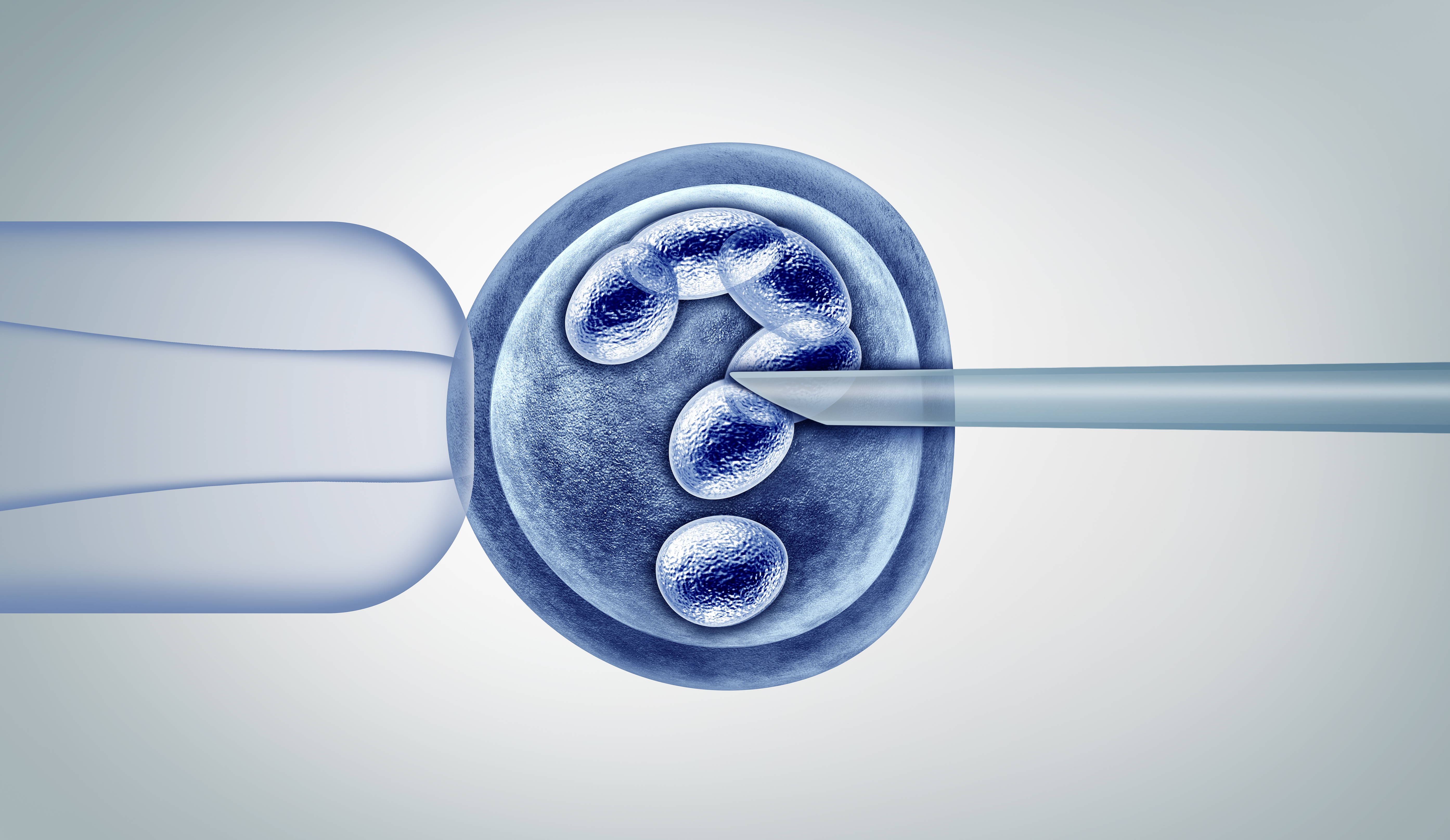The massive legal fallout from Alabama’s IVF ruling is just the beginning
By Mary Ziegler, Naomi Cahn, and Sonia Suter,
MSNBC
| 02. 22. 2024
This decision will affect the millions of people who become pregnant each year, their families, and their health care providers.
Last Friday, the Alabama Supreme Court became the first in the nation to recognize frozen embryos as legal persons. The court’s decision — in a case in which three couples sued a fertility clinic for wrongful death after a patient destroyed several embryos — has already led the University of Alabama Birmingham, the state’s largest health care system, to pause IVF procedures. But what is happening in Alabama is just the beginning. This decision will affect the millions of people who become pregnant each year, their families, and their health care providers.
To anyone who closely read Dobbs v. Jackson Women’s Health Organization, the Supreme Court decision that ended the constitutional right to abortion almost two years ago, the Alabama decision should not come as a shock. The majority opinion, written by Justice Samuel Alito and joined by most of his conservative colleagues, repeatedly referenced the “unborn human being” — echoing the language of conservative Mississippi lawmakers...
Related Articles
By Diaa Hadid and Shweta Desai, NPR | 01.29.2026
MUMBRA, India — The afternoon sun shines on the woman in a commuter-town café, highlighting her almond-shaped eyes and pale skin, a look often sought after by couples who need an egg to have a baby.
"I have good eggs,"...
By Steve Rose, The Guardian | 01.28.2026
Ed Zitron, EZPR.com; Experience Summit stage;
Web Summit 2024 via Wikipedia Commons licensed under CC by 2.0
If some time in an entirely possible future they come to make a movie about “how the AI bubble burst”, Ed Zitron will...
By Arthur Lazarus, MedPage Today | 01.23.2026
A growing body of contemporary research and reporting exposes how old ideas can find new life when repurposed within modern systems of medicine, technology, and public policy. Over the last decade, several trends have converged:
- The rise of polygenic scoring...
By Daphne O. Martschenko and Julia E. H. Brown, Hastings Bioethics Forum | 01.14.2026
There is growing concern that falling fertility rates will lead to economic and demographic catastrophe. The social and political movement known as pronatalism looks to combat depopulation by encouraging people to have as many children as possible. But not just...




